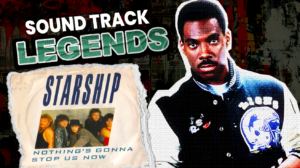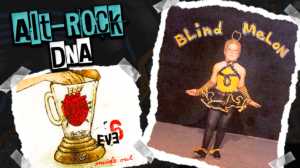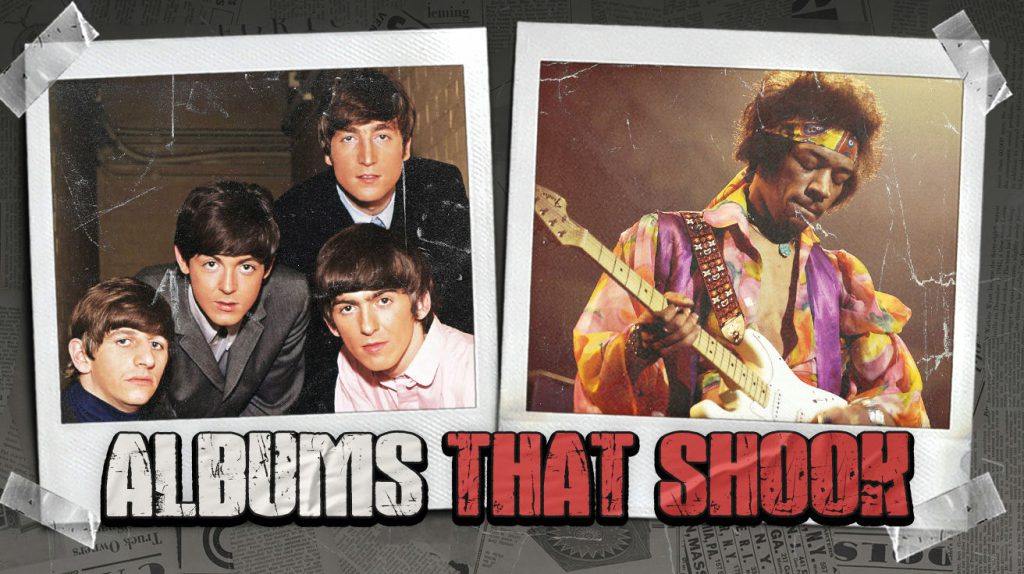
“Essential album” lists usually read like homework assignments from professors who think vinyl automatically equals credibility. Not this one. These fourteen records didn’t just collect critical acclaim—they rewired music’s DNA and forced entire industries to evolve or die. Each album earned its spot by demolishing whatever came before it. Anyone who’s ever watched Spotify’s “Discover Weekly” serve up the same three indie bands on repeat knows the algorithm plays it safer than a helicopter parent at a playground. These releases made A&R executives panic while inspiring bedroom producers to quit their day jobs. Skip the algorithm’s predictable suggestions and discover the sounds that actually moved culture forward.
14. Public Enemy – It Takes a Nation of Millions to Hold Us Back
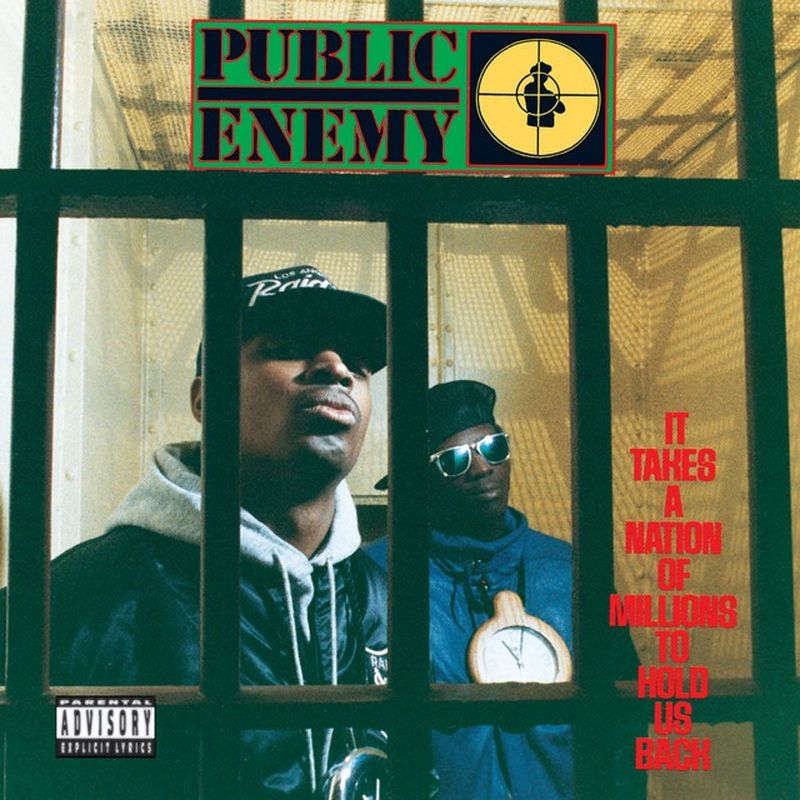
Public Enemy redefined rap as a platform for systematic resistance, tackling racism, media manipulation, and police brutality with sample-heavy production that sounded like organized musical warfare. Chuck D’s commanding presence and Flavor Flav’s hypeman energy created statements that still resonate.
The Bomb Squad’s production feels like controlled chaos—musical black ops missions designed to wake people up from comfortable complacency. While other groups tiptoed around controversy, Public Enemy bulldozed through with revolutionary fervor that influenced every politically charged artist who refused to play nice.
13. The Beatles – Revolver
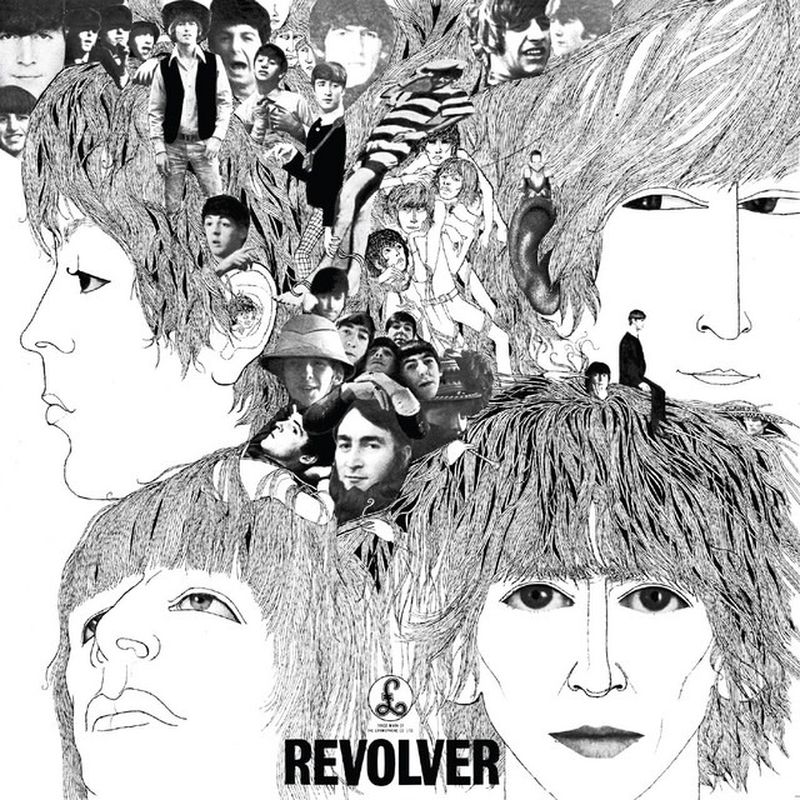
Picture four lads from Liverpool deciding to throw every recording rule out the window like confetti at a wedding nobody wanted to attend. Revolver introduced tape loops, reverse recording, and automatic double tracking—studio tricks that fattened vocals and twisted reality into new shapes. This wasn’t just pop evolution; it was boundary demolition that proved innovation could be both accessible and mind-bending.
Revolutionary techniques didn’t just break molds—they melted them completely. Revolver became why producers still geek out over compression ratios and phase cancellation fifty years later. The album proved artistic growth sometimes requires abandoning everything that previously worked, then building something entirely unprecedented.
12. Herbie Hancock – Head Hunters
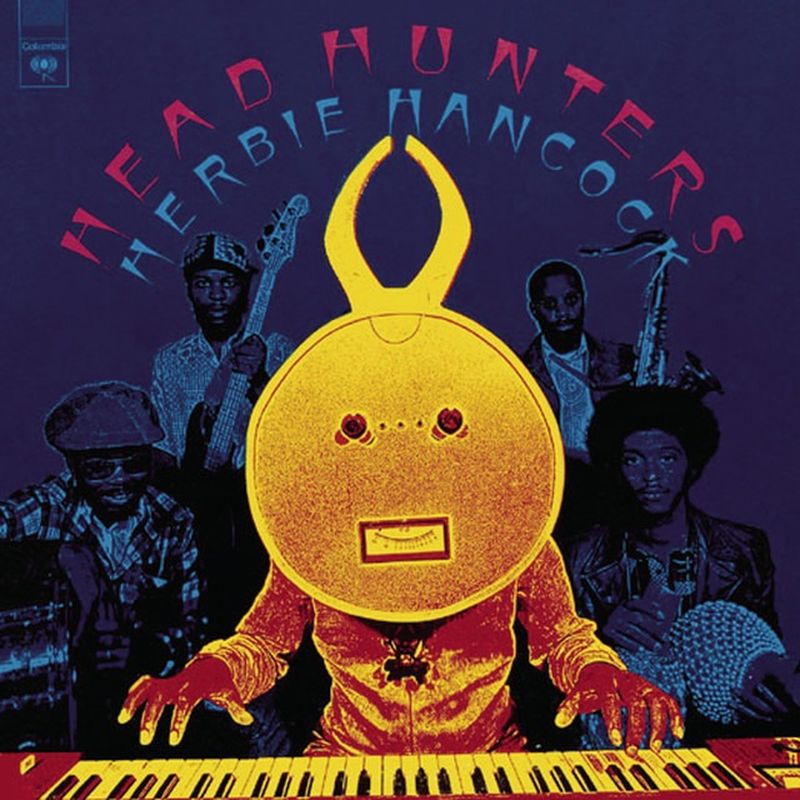
Jazz getting funky without losing its sophisticated mind or intellectual credibility happened here first. Head Hunters redefined jazz in 1973 with heavy synthesizer sounds and irresistible rhythms that made feet move involuntarily while brains processed complex musical arrangements. Groovy basslines lockstep with synthesized textures, creating experiences both intellectually stimulating and physically compelling.
Think caffeine-fueled dance competitions where technical skill meets pure groove—fun, innovative, and endlessly fascinating to analyze. Hancock’s vision showcased playful approaches to musical experimentation that still sound fresh and relevant decades after initial release, influencing electronic music producers worldwide who are still trying to crack his formula.
11. Nas – Illmatic
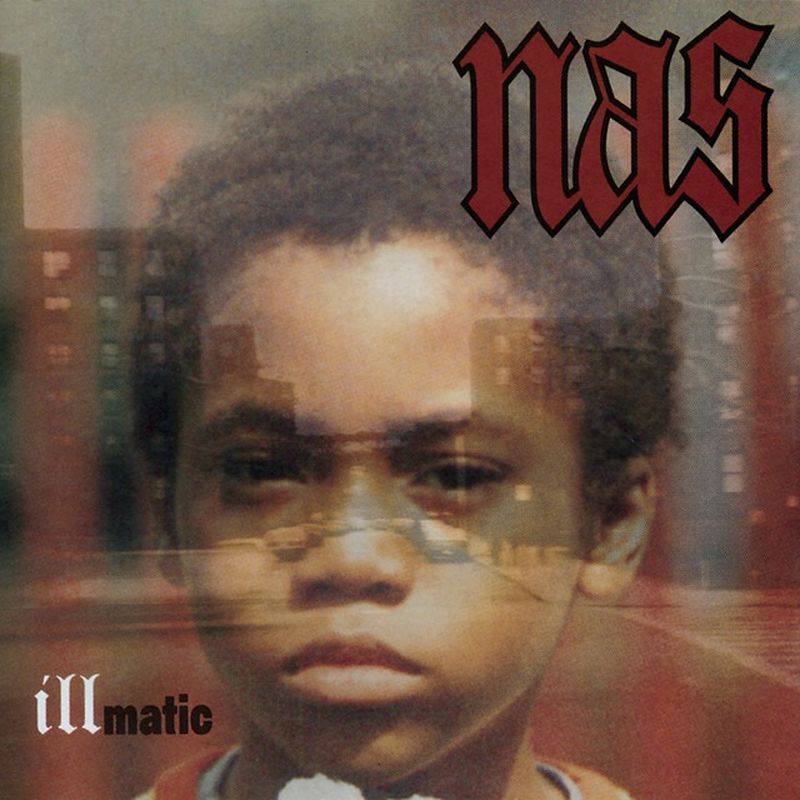
Lyrical PhD program that schools MCs three decades later with surgical precision and street wisdom. Illmatic serves as masterclass in storytelling over production gray as New York concrete and twice as unforgiving. Nas created intimate portraits of street life that feel both deeply personal and universally relatable, proving poetry could emerge from project hallways and corner bodega conversations.
Street wisdom meets surgical lyricism, delivered over beats that capture urban decay without romanticizing struggle or poverty. The album shaped hip-hop’s trajectory by proving authenticity always beats manufactured personas and marketing schemes—a lesson that apparently needs constant repeating in the streaming era.
10. Jimi Hendrix – Are You Experienced
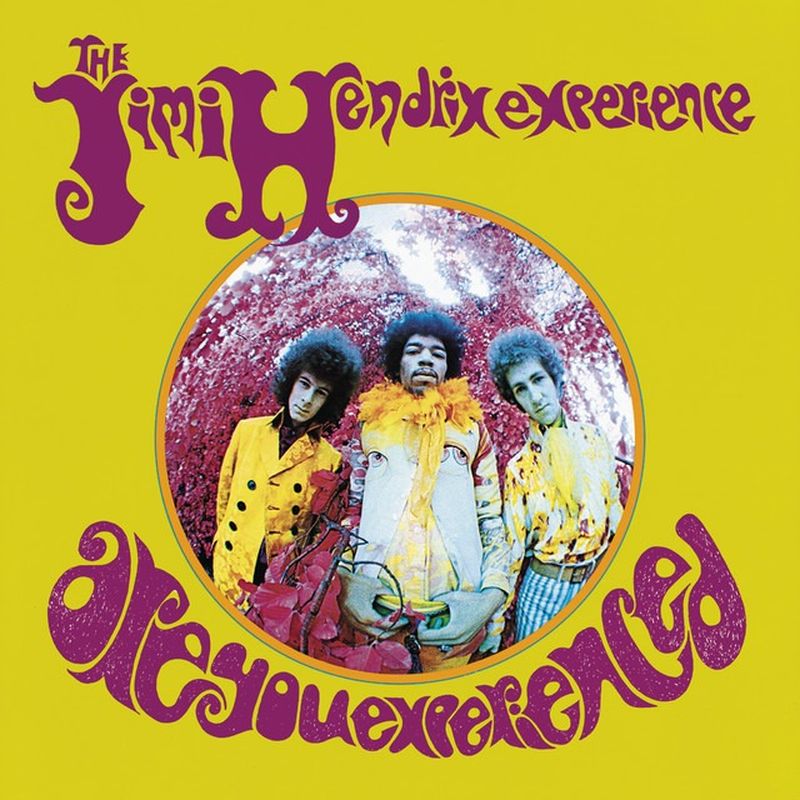
Six strings becoming a portal to parallel dimensions where physics worked differently and guitars could actually weep. Are You Experienced detonated in 1967, blending rock, blues, and psychedelia in ways that sounded like transmissions from alien civilizations. Technical mastery met raw expression in ways that defied conventional guitar wisdom and acoustic limitations.
Hendrix painted soundscapes instead of simply playing notes, creating feedback symphonies that made guitars sing like angels and howl like banshees. For guitarists worldwide, this was like discovering fire—possibilities suddenly seemed infinite, limited only by imagination and willingness to set amplifiers ablaze.
9. David Bowie – The Rise and Fall of Ziggy Stardust and the Spiders from Mars
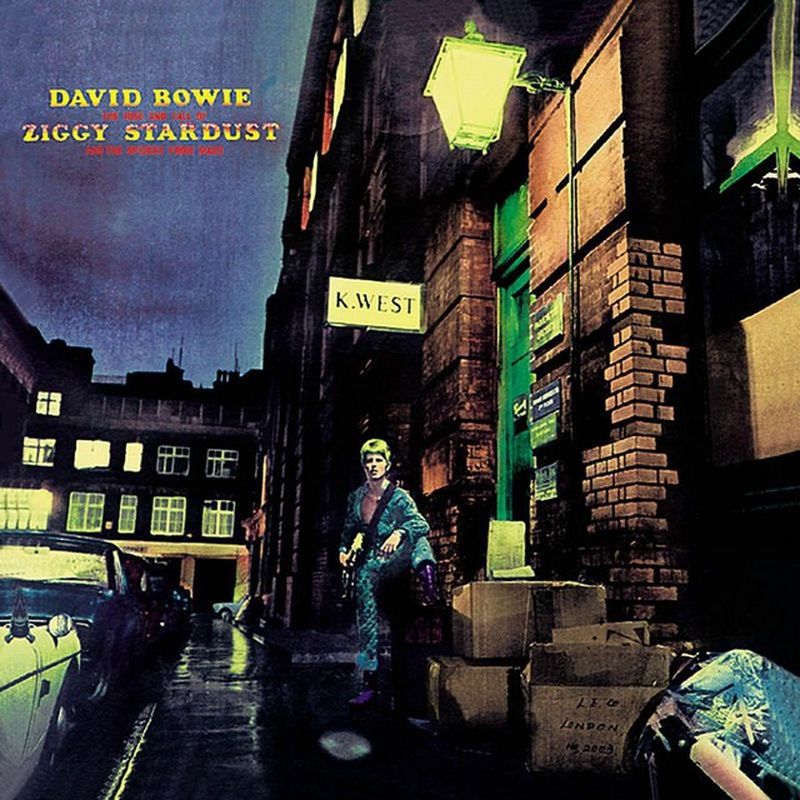
Gender-bending alien rockstar that gave misfits worldwide permission to be themselves unapologetically. Bowie didn’t just release an album in 1972—he detonated cultural expectations with theatricality that made Kiss look like conservative PTA meetings. Ziggy Stardust crashed onto stages with stories bursting with energy that questioned gravity, gender roles, and social conventions simultaneously.
Bedroom kids finding permission in Ziggy’s androgynous swagger to become whoever they wanted without apology or explanation. Bowie’s masterpiece celebrated reinvention and artistic freedom, creating lasting impacts on fashion, music, and gender expression that still echo in every club kid’s glitter and stadium anthem about breaking free.
8. Miles Davis – Kind of Blue
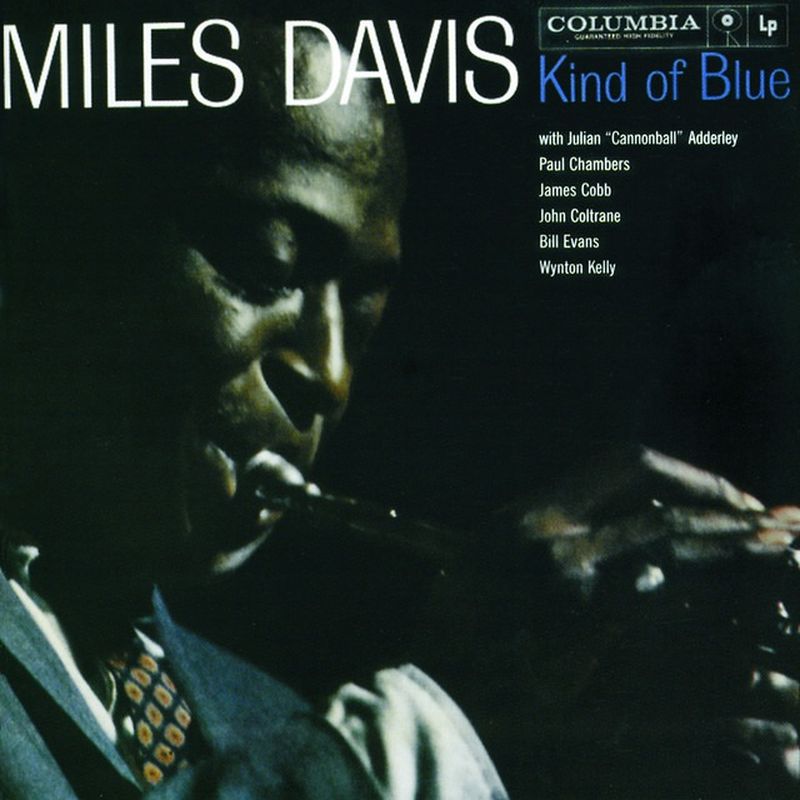
Jazz’s gateway drug that even jazz-haters somehow love without understanding why. Recorded in 1959, Kind of Blue captures Miles Davis and his dream team—John Coltrane, Bill Evans, and others—flipping conventional jazz structures completely sideways. Instead of complex chord progressions, they explored modal jazz, focusing on scales that gave each player room to breathe and create magic.
Modal jazz trades frantic pinball energy for smooth highway glides—sophisticated yet accessible. This became jazz’s best-selling album by proving intelligence doesn’t require pretension or academic credentials. When someone claims they “don’t get jazz,” hand them this and watch their excuses evaporate faster than morning dew.
7. Charles Mingus – Mingus Ah Um
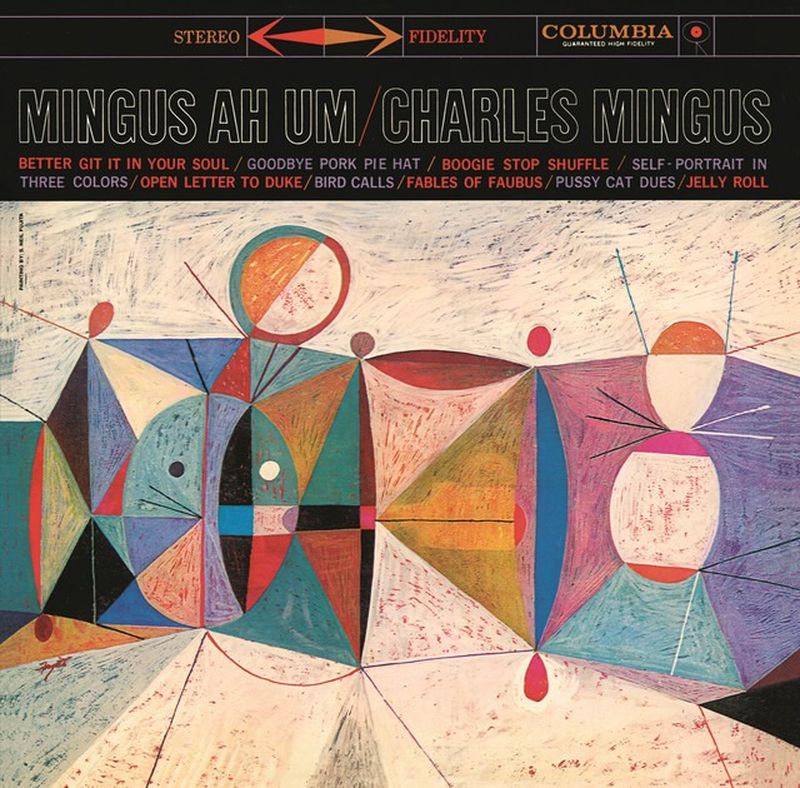
Civil rights fury transformed into jazz that bleeds raw emotion and uncompromising social commentary. Mingus Ah Um hits like truth-telling gut punches, where Charles Mingus channeled civil unrest into pure musical activism that couldn’t be ignored or dismissed. “Goodbye Pork Pie Hat” serves as heartfelt tribute to Lester Young while addressing systemic injustice through sophisticated musical language.
Gospel energy explodes throughout compositions that defy easy categorization or commercial formatting. For anyone feeling injustice’s sting personally, this album speaks directly to souls seeking artistic expression of struggle and resistance. Mingus created complex yet deeply human music—perfect soundtrack for late-night conversations about life, loss, and fighting for something better.
6. Fleetwood Mac – Rumours
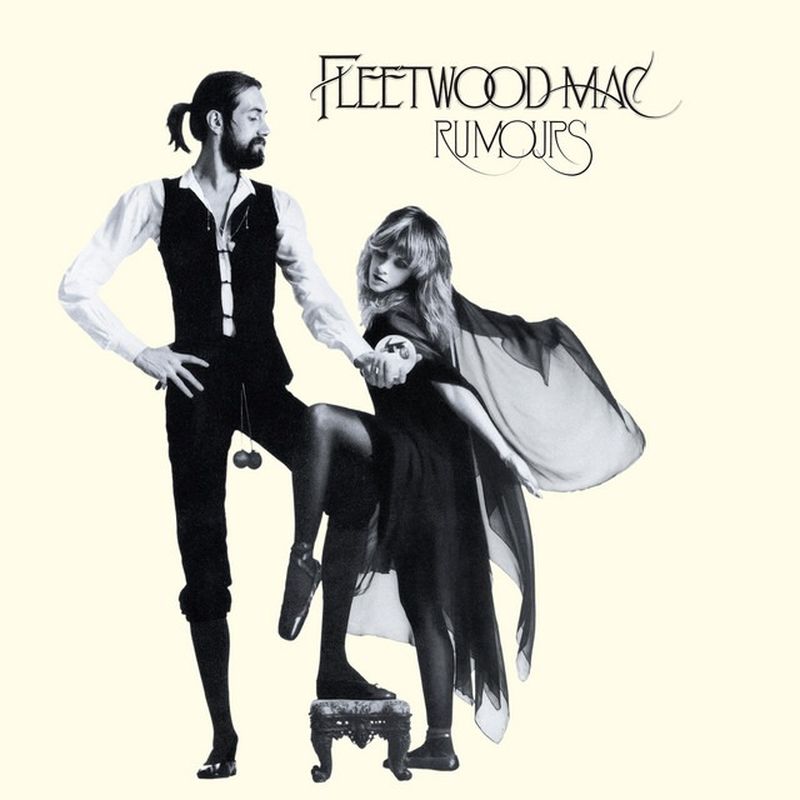
Professional dysfunction transformed into sonic gold through pure emotional alchemy and awkward studio sessions. Recorded during peak band drama in 1977, Rumours became what happens when ex-lovers are contractually obligated to make beautiful music together while cameras rolled. Every note feels like passive-aggressive subtweeting between former partners forced to harmonize professionally.
Rock, pop, and folk influences blend like perfectly mixed cocktails of angst and melody that somehow taste better than individual ingredients. Anyone connecting with relationship chaos finds solace in shared experiences of love gone completely sideways—proof that misery loves company, especially when it comes with killer hooks.
5. Bob Marley and the Wailers – Exodus
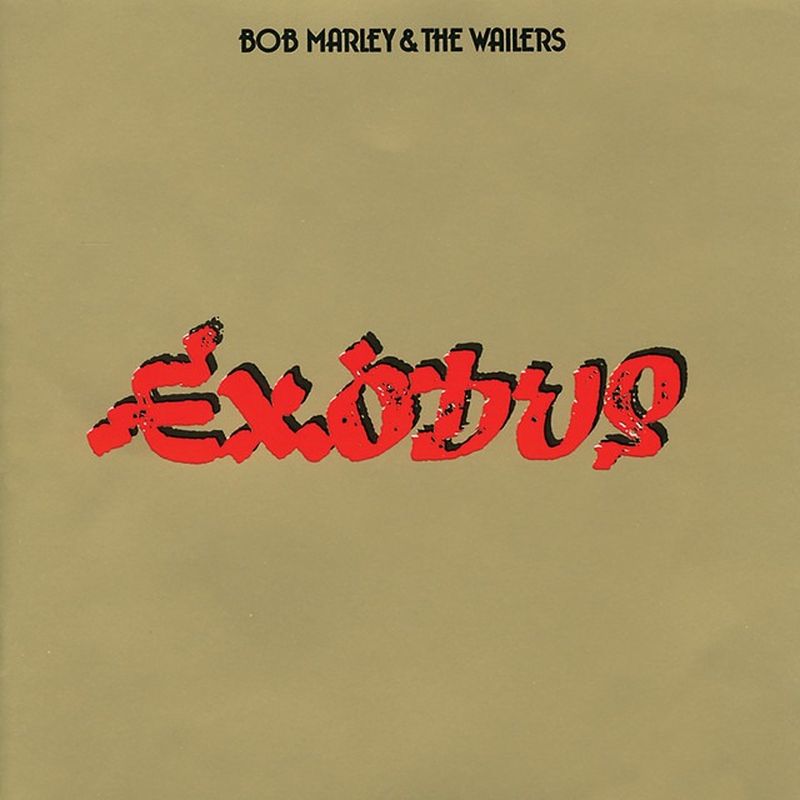
Revolution pressed onto vinyl with spiritual weight and political fire that still burns decades later. Born from exile and political violence, Exodus represents Marley’s crown achievement and artistic peak. Side A delivers resistance and fist-pumping rebellion against oppression, while Side B wraps listeners in redemption and healing balm for battle-worn souls seeking peace.
Every track represents cornerstone of modern music, turning pain into prophecy and struggle into anthems that inspire generations. Emotional GPS guiding journeys from concrete jungles toward promised lands one transformative song at a time. For playlists filled with struggle anthems, Exodus serves as essential Old Testament reading that never gets outdated.
4. John Coltrane – A Love Supreme
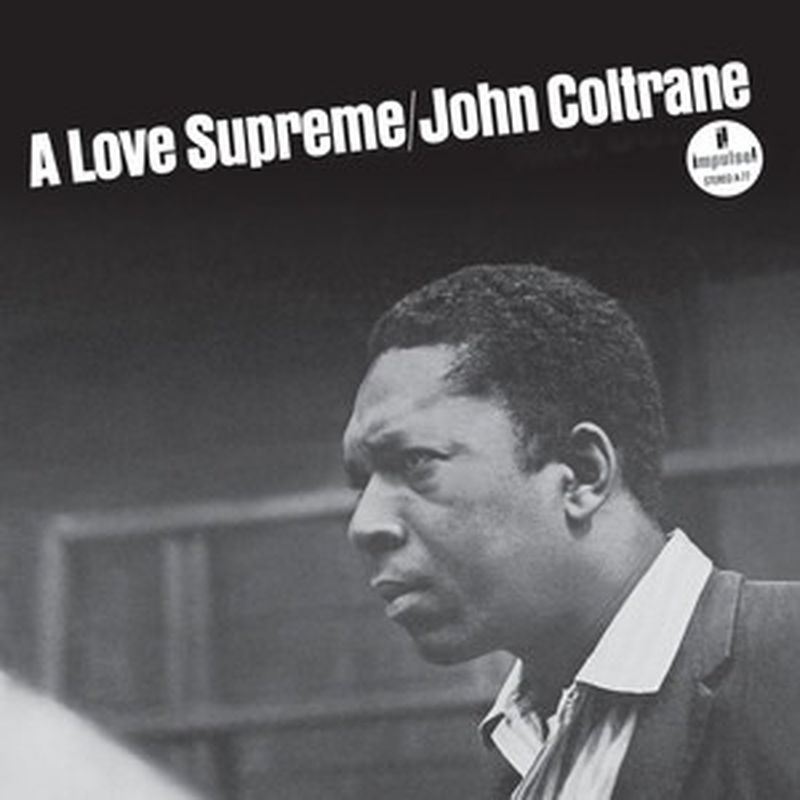
Spiritual jazz that hits like mainlining transcendence through saxophone prayers and divine improvisation. This 1965 masterpiece takes listeners on journeys where every note carries sacred weight and transformative power. Coltrane structured it as four-part suite that’s simultaneously meditative and powerful, especially “Acknowledgement” with repeating basslines building into chant-like melodies that hypnotize and elevate.
Listening feels like direct spiritual injection—jazz album that dares to be religious experience pushing beyond improvisation toward divine exploration and connection. When needing musical hugs from the universe, sit down, turn this up loud, and let Coltrane transport consciousness somewhere completely different from ordinary reality.
3. Bob Marley – Catch a Fire
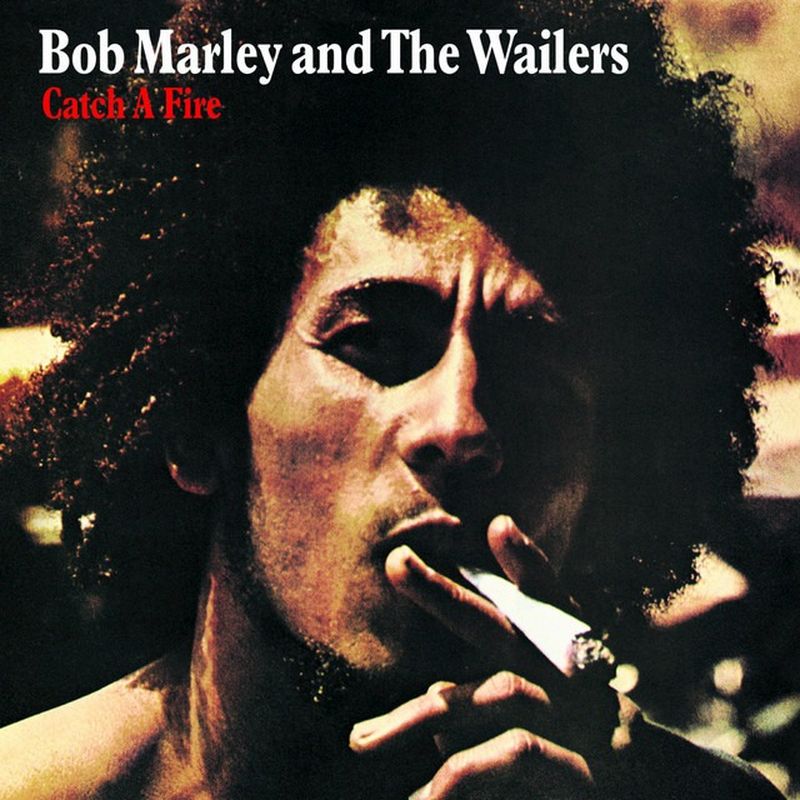
Reggae’s passport from island curiosity to global revolution soundtrack happened faster than tourists discovering jerk chicken. Catch a Fire lit international fuses in 1973, blending irresistible melodies with messages potent enough to spark actual social movements. This became sonic transportation to Kingston without jet lag, customs hassles, or tourist traps.
“Concrete Jungle” and “Stir It Up” weren’t just songs—they were cultural dispatches mixing raw emotion with beats that made bodies move involuntarily. Marley’s global influence created living pulse that transcended borders, languages, and political systems while carrying messages of freedom that authorities couldn’t suppress.
2. Joy Division – Unknown Pleasures

Post-punk’s bleakest masterpiece somehow feels like a warm hug from the void. Producer Martin Hannett dismantled Joy Division’s raw live sound, then rebuilt it with haunting reverb and spatial effects that made every note echo through abandoned Manchester factories. Ian Curtis’s vocals carry existential weight while Peter Hook’s melodic basslines drive through darkness like headlights on empty motorways.
The minimalist approach creates claustrophobia and introspection in equal measure. “Disorder” and “Love Will Tear Us Apart” blend raw energy with emotional depth that cuts straight to bone. This blueprint for post-punk and goth music proved urban decay could become transcendent art.
1. Metallica – Master of Puppets
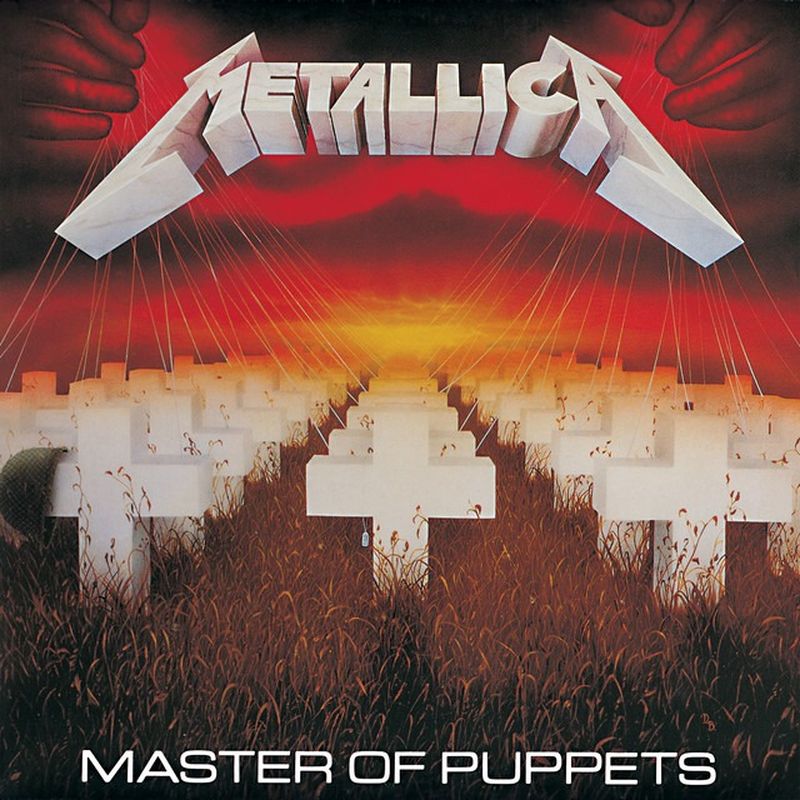
Metal’s intellectual dissertation disguised as face-melting brutality that proved sophistication and volume weren’t mutually exclusive. Master of Puppets didn’t just drop in 1986—it detonated across musical landscapes, creating templates every serious metal band still chases decades later. Technical mastery meets songwriting that actually means something, like carving detailed sculptures with jackhammers.
Metallica explored addiction, control, and social manipulation through lyrics that matched their face-melting riffs perfectly. They built foundations for every band wanting to demolish eardrums while making listeners think critically. This isn’t just metal’s high-water mark—it’s proof that intelligence and brutality make better creative bedfellows than anyone expected.




